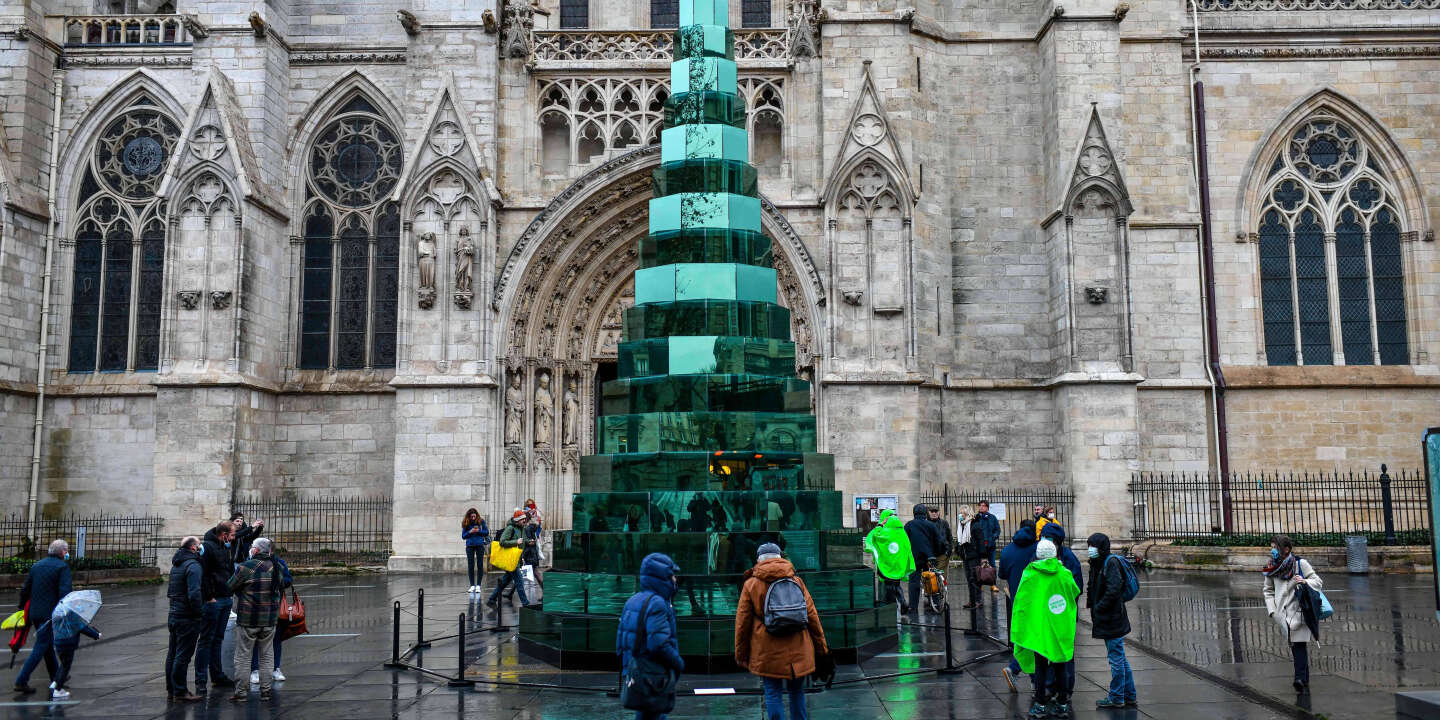When Pierre Hurmic, then candidate of Europe Ecology-The Greens (EELV) for the municipal elections of March 2020, spoke of Bordeaux, he announced that he wanted to make it “A city of arts and cultures”, with an assumed plural. And in the in-between turns, responding to a column, published on the Rue89Bordeaux website, of 700 artists from all disciplines inviting him to concrete commitments, the future mayor of Bordeaux had promised an approach involving the“Cultural emergency”. Like the ten green victories in June 2020, those of Bordeaux and Strasbourg have aroused fears and hopes in the cultural community. But eighteen months later, the artistic roadmap is struggling to emerge from the blur.
It must be said that on the banks of the Gironde and in the other EELV municipalities, the teams hardly expected to win and that their campaigns were mainly focused on the themes of town planning and the greening of cities. Like most candidates for the municipal nomination, culture was not a priority. However, EELV’s program in this area has been reflected on for ten years. Starting from the observation of the persistence of inequalities in access to culture and of a democratization marking time, the Greens wish for a long time to change model.
“In addition to the decarbonization of culture, there is this idea that we must reconcile audiences with cultural institutions or create other spaces so that those who do not feel comfortable there can express their cultures. “, emphasizes Pascale Bonniel-Chalier, former head of the organization’s culture commission and regional advisor in Auvergne-Rhône-Alpes.
One of the main proposals that environmentalists put forward, in addition to conditioning project support according to environmental and social criteria, is the implementation of “cultural rights” which postulates that individuals all have a capacity to contribute to the environment. artistic life. “We have the will to decompartmentalize culture and to initiate a co-construction of our policy with the inhabitants”, explains Francine Lajournade-Bosc, one of the persons in charge of the commission. A seductive postulate for a whole part of the cultural actors, according to Emmanuel Vergès, co-director of the Observatory of cultural policies: “This world has strong expectations on this party because cultural policies have not changed for decades. “
” Clumsiness “
The experience of the arrival of Eric Piolle’s team in Grenoble in 2014, however, somewhat tarnished this innovative image of environmentalists. By deciding to cut funding to the municipal orchestra and lowering those of the MC2 (national stage), by taking over two municipal theaters and by closing a place of current music – all under cover of a criticism of a offer too little popular – the mayor has indeed pointed the artistic circles of the capital of Isère. And served a little scarecrow. Without giving up their democratic utopia, the green mayors elected in June 2020 were therefore aware of having to be more careful in their approach.
You have 74.7% of this article to read. The rest is for subscribers only.
–


